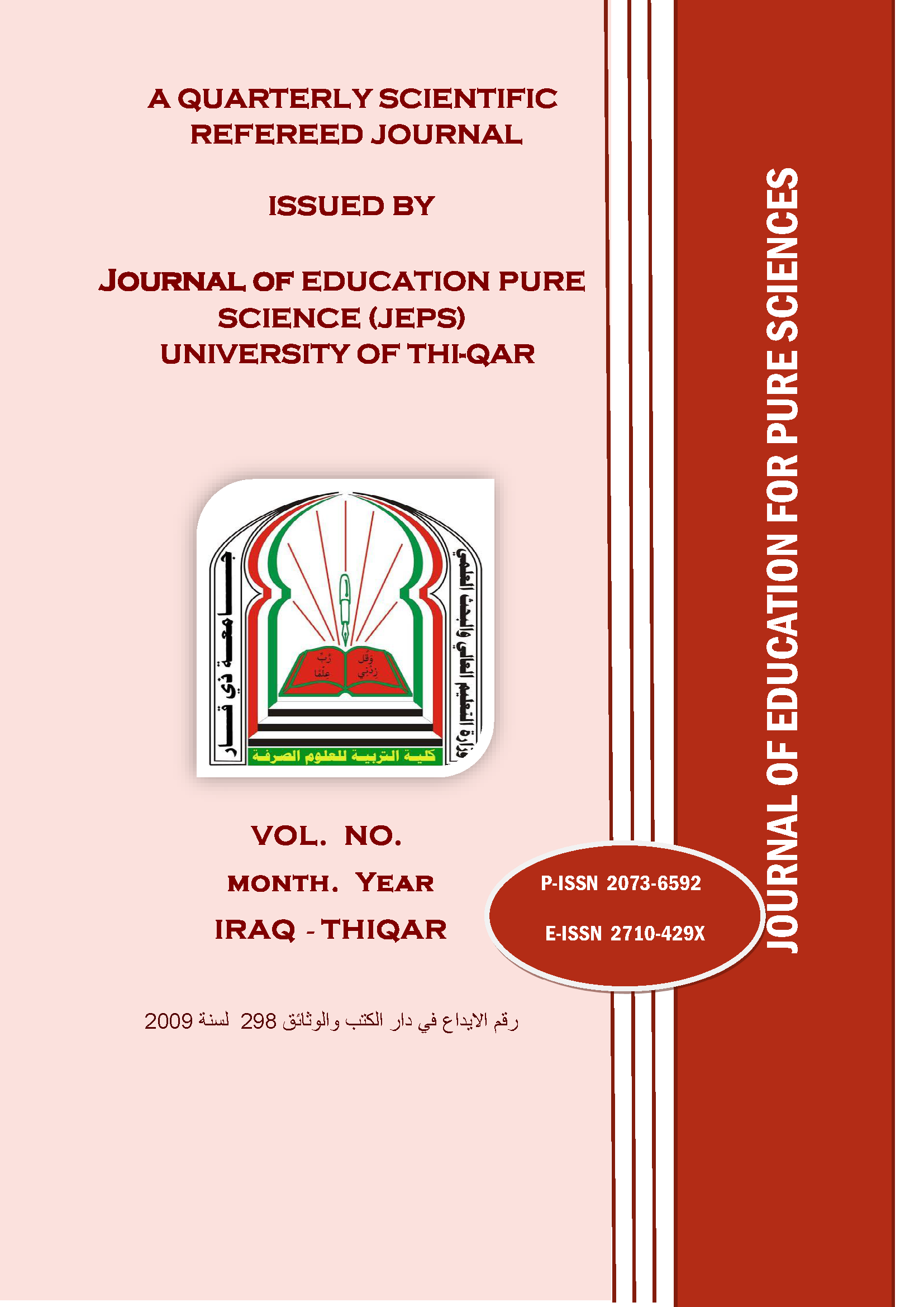Plant-Derived Antifungal Agents: Mechanisms, Applications, and Challenges in Combating Fungal Pathogens
DOI:
https://doi.org/10.32792/jeps.v15i3.672Keywords:
العوامل المضادة للفطريات المستخلصة من النباتات، مقاومة الفطريات، المركبات النباتية النشطة بيولوجيًا، الحلول المستدامة لمكافحة الفطريات، تكنولوجيا النانو في العلاج المضاد للفطرياتAbstract
Fungal infections pose significant challenges to human health, agriculture, and food security, exacerbated by the rise in antifungal resistance and environmental concerns associated with synthetic fungicides. Plant-derived extracts offer a promising alternative due to their rich bioactive composition, diverse mechanisms of action, and eco-friendly attributes. This paper explores the antifungal properties of key plant phytochemicals, such as phenolics, alkaloids, terpenoids, and essential oils, and their ability to target fungal membranes, inhibit enzymatic activity, induce oxidative stress, and disrupt biofilms. Applications of these extracts in medicine, agriculture, and food preservation are highlighted, demonstrating their potential as sustainable antifungal solutions. However, challenges such as standardization, toxicity, and scalability hinder their commercialization. The integration of advanced technologies like nanotechnology, synergistic studies, and molecular profiling, coupled with robust regulatory frameworks, is essential to unlock the full potential of plant-based antifungal agents. This review emphasizes the critical role of plant-derived extracts in addressing the growing threat of fungal infections and outlines future directions for research and development.
Downloads
Published
Issue
Section
License
Copyright (c) 2025 Journal of Education for Pure Science

This work is licensed under a Creative Commons Attribution-NonCommercial-NoDerivatives 4.0 International License.
The Authors understand that, the copyright of the articles shall be assigned to Journal of education for Pure Science (JEPS), University of Thi-Qar as publisher of the journal.
Copyright encompasses exclusive rights to reproduce and deliver the article in all form and media, including reprints, photographs, microfilms and any other similar reproductions, as well as translations. The reproduction of any part of this journal, its storage in databases and its transmission by any form or media, such as electronic, electrostatic and mechanical copies, photocopies, recordings, magnetic media, etc. , will be allowed only with a written permission from Journal of education for Pure Science (JEPS), University of Thi-Qar.
Journal of education for Pure Science (JEPS), University of Thi-Qar, the Editors and the Advisory International Editorial Board make every effort to ensure that no wrong or misleading data, opinions or statements be published in the journal. In any way, the contents of the articles and advertisements published in the Journal of education for Pure Science (JEPS), University of Thi-Qar are sole and exclusive responsibility of their respective authors and advertisers.





